21, December 2019
ICC to investigate alleged war crimes in Palestinian territories 0
The International Criminal Court’s chief prosecutor said on Friday she will launch a full investigation into alleged war crimes in the Palestinian Territories, which could include charges against Israelis or Palestinians.
“I am satisfied that … war crimes have been or are being committed in the West Bank, including East Jerusalem, and the Gaza Strip,” Fatou Bensouda of the ICC said in a statement.
Israeli Prime Minister Benjamin Netanyahu said the ICC has no jurisdiction to investigate in the Palestinian Territories.
“The court has no jurisdiction in this case. The ICC only has jurisdiction over petitions submitted by sovereign states. But there has never been a Palestinian state,” Netanyahu said in a statement.
Bensouda said the preliminary examination into alleged war crimes, opened in 2015, had rendered enough information to meet all criteria for opening an investigation.
The ICC prosecutor said she had filed a request with judges for a jurisdictional ruling, because of the contested legal and factual status of the Palestine territories.
The ICC has the authority to hear cases of war crimes, genocide and crimes against humanity committed on the territory of the 123 countries that have signed up to it.
Israel has not joined the court but the Palestinian Authority – a limited self-rule body in the Israeli-occupied West Bank – has done so.
(REUTERS)
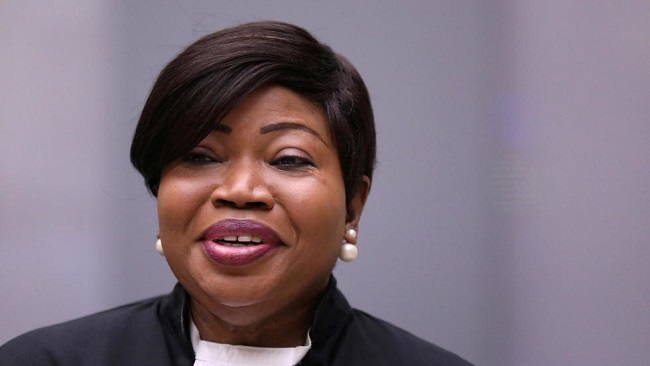
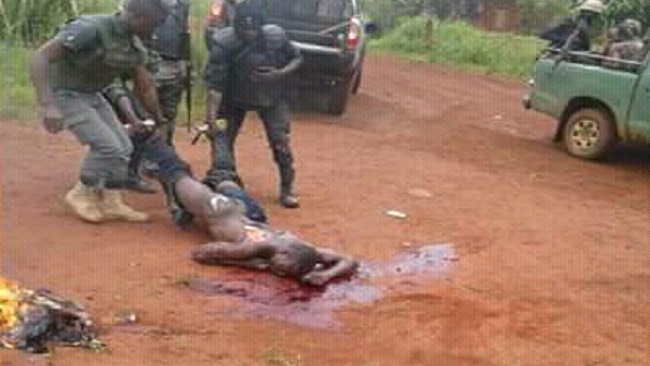


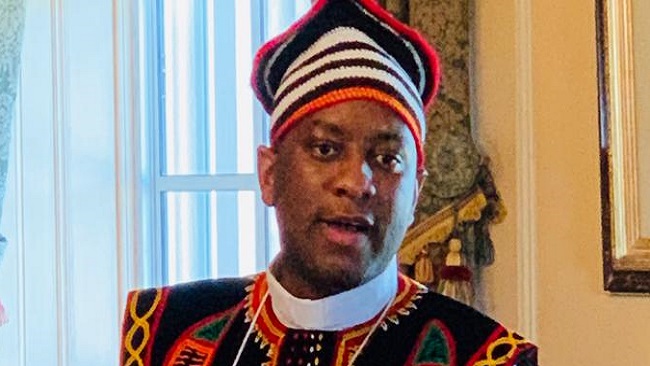
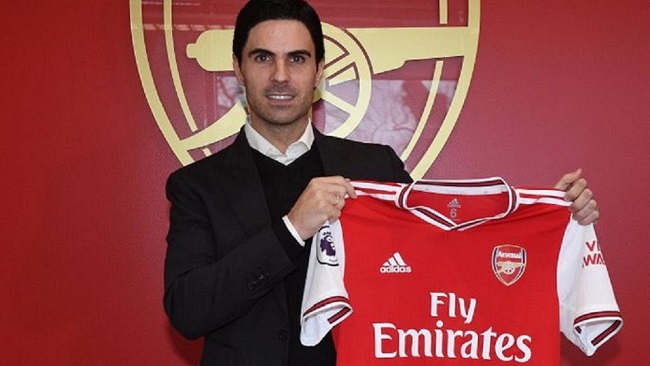
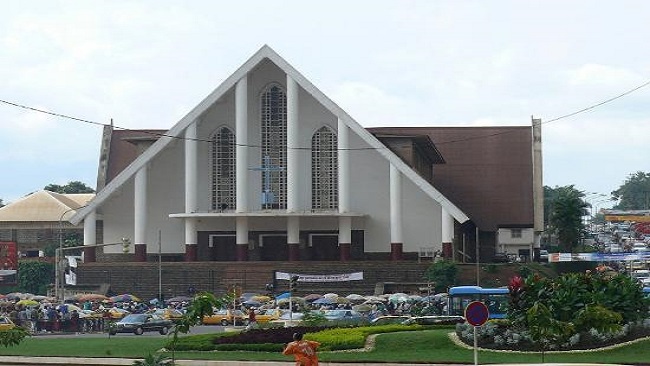


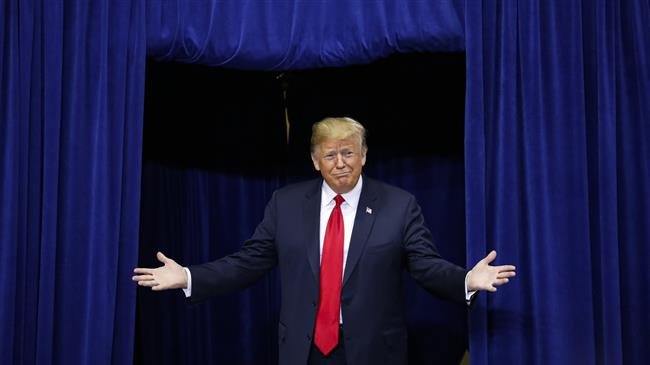














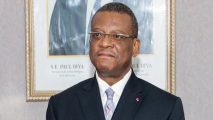



22, December 2019
CPDM Politics: Roman Catholic bishops warn against rise of tribalism 0
As ethnic tensions threaten Cameroon’s social fabric, the country’s Catholic bishops have warned the country’s citizens about the dangers of moving down the road of tribalism.
In a Dec. 10 pastoral letter to the country’s Christians, the bishops’ conference warned that tribalism was a recipe for economic stagnation; a threat to social cohesion, and a major driver of unwarranted suspicion and fear, especially among the most vulnerable in society.
“Given the recent events making news in our country with the escalation of violence in various forms, we felt we had the obligation to once again address ourselves to the Cameroonian people, to Christians and to all people of good will, on the consequences of the steep rise in tribalism in our country,” the bishops said in a letter signed by Bishop Abraham Bouallo Kome, the president of the conference.
Drawing from the scriptures, the bishops condemned the use of social media platforms to spread the opinions of politicians and others who use tribalism to sow confusion among citizens and stigmatize entire peoples.
“Through well prepared media lynching sessions, they try to make of their political and ideological enemies, the enemies of all the people, just like Saul did against David,” the bishops wrote.
“Taking a closer look at it, these confrontations in themselves are the fruit of egoism, greed and the thirst to either conquer or keep state power at all costs as was the case with King Herod,” the letter continued.
Cameroon has around 250 ethnic groups, and there are 24 major tribal language groups used in the country, along with the official languages of French and English.
In the letter, Kome said the bishops had seen “unacceptable things,” as calls to tribal fealty were being used by politicians to divide the people.
“We are saying that it is time for Cameroonians to understand that belonging to a tribe is a good thing, but we must valorize the values of our tribes and always be open to the nation. Tribes are at the service of the nation. The finality of the tribe is to bring its uniqueness so that the nation can be enriched for the good of all,” Kome told Crux.
Following the 2018 presidential election, the tribal origins of Maurice Kamto – the defeated candidate who claimed to have won the election – have been frequently bashed by government apologists.
Kamto comes from the Bamelike ethnic group in the country’s West region.
There was a violent confrontation between the natives of President Paul Biya’s Sangmalima village and settlers from Kamto’s Western region two months ago.
Between October 9-10, the people of Sangmalima attacked the Westerners, ransacking their homes and businesses in what was seen as an ethnically-based attack.
Cameroon’s English speakers, frequently considered as an ethnic group by the country’s Francophone majority, have also been subjected to racist abuse, with some members of the ruling party calling for the “complete elimination” of those they call “Anglophone separatist terrorists.“
Cameroonian political scientist, Immanuel Tatah Mentan said that “the undemocratic tendency of ethnic groups viewing themselves as the best and others as unpatriotic is unhealthy.”
Law against hate, tribalism
The Cameroonian government passed a law last month criminalizing hate speech and tribalism.
Article 241 of the said law punishes promoters of hate speech and tribalism with prison terms ranging between six days and six months or a fine amounting to about $1,000.
If the crime is committed on broadcast, print, or social media, the fine rises to about $34,000.
The penalty for both cases doubles if the accused is found to have the intention of triggering hate or indifference among people.
While many have welcomed the new legislation, there are fears that the government could use law to gag the press and stifle political dissent.
Cameroon’s Cardinal Christian Tumi said he believes the only antidote to hate is love.
“That means you must do unto others what you would like them to do to you. It’s as simple as that,” the cardinal said.
Culled from Crux